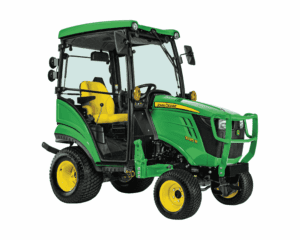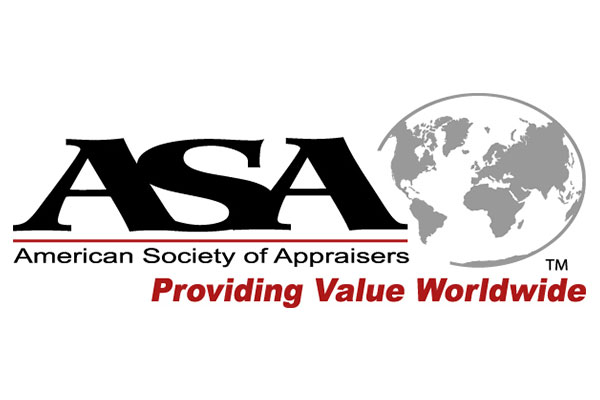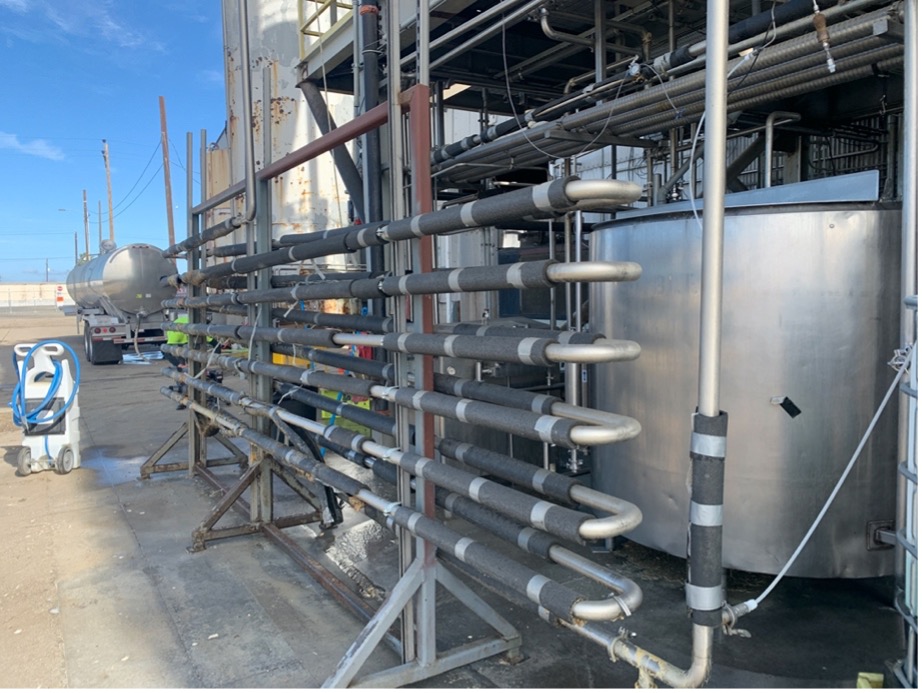 Equipment donation can benefit businesses that are upgrading, replacing, or simply discarding machinery and equipment.
Equipment donation can benefit businesses that are upgrading, replacing, or simply discarding machinery and equipment.
Do you really need a boneyard of outdated or unused assets taking up space and tying up resources? I can’t tell you how many depreciation schedules or asset lists I’ve seen with “non-operational” or “out of service” in the description column. Appraisers call these ghost assets and they add no value to your business. Many businesses also find that donating assets can be more straightforward than selling or simply discarding them: resale and disposal both come with their own costs, delays, and uncertainties.
In addition, donating machinery and equipment to a charitable organization can provide meaningful tax deductions. And, as in the John Deere case study we’ll discuss later, donating to local organizations creates community goodwill and demonstrates a commitment to corporate responsibility. Businesses that donate to local schools, hospitals, or other non-profit community organizations often find that the reputational benefit, though harder to measure, is real and long-lasting.
As with any IRS interaction, attention to process and procedures will maximize benefits and avoid unpleasant surprises, so be sure to consult with your CPA tax advisor when considering a charitable donation. It’s important to understand which donations qualify, how fair market value (FMV) must be established, and when an equipment appraisal is required.
If managed inappropriately, an equipment donation can quickly turn into a compliance problem — or worse, penalties. Done properly, however, equipment donation is a win-win for your manufacturing, food processing, construction, or ag business.
Does Your Equipment Qualify for Donation?
Many categories of machinery and technical equipment qualify for charitable deductions. I’ve seen donations range from manufacturing equipment, CNC machines, excavators and other construction machinery, food processing, commercial ovens and other restaurant equipment, and a variety of agricultural equipment — the list is broad.
The common denominator is ownership and use. The business must own the equipment outright, the assets must be in usable condition, and the recipient organization must be a qualified 501(c)(3) charity under IRS rules. Equipment leased or borrowed doesn’t count, and neither does property that will simply be resold by the charity for profit rather than used in support of its mission. So be aware that donating your company’s old vehicles to the local nonprofit to sell with all the other wrecks they receive isn’t going to give you a tax donation. And be aware that even if the charitable organization is accepting a vehicle for their own use, special rules may apply to those donations.
IRS Deduction Limits for Businesses
The IRS regulates the amounts that businesses can deduct for their charitable donations, and limits vary with business structure. Charitable deductions for C corporations, for example, are generally capped at 10% of taxable income. For pass-through entities such as partnerships, S corporations, or sole proprietorships, the limits flow through to the owners’ personal tax returns.
It’s always important to consult with your CPA when making decisions about tax-related actions and charitable donations are no exception. Remember that in addition to the cap for deductions, there is also a deduction floor and that 2026 regulations will be different from those for 2025.
Fair Market Value Analysis
Regardless of business structure, the amount of a deduction is always based on fair market value (FMV). FMV is the price the equipment would sell for in its current condition, considering age and wear. If the business wants to take a deduction in excess of $5,000 for a charitable donation, the IRS requires a qualified appraisal.
What this means is that if an ag processing facility wants to donate a forklift they’ve replaced — for which they’d like to take the $7,500 deduction that matches the similar sold item they found on an internet auction site — they will need an appraisal report from a credentialed machinery and equipment appraiser. An internal estimate, or one from a used equipment dealer, will not satisfy the IRS.
Case Study: Donating a John Deere 1025R

The combined FMV of the tractor and attachments exceeded $12,000 — well above the $5,000 threshold. The business engaged me, an Accredited Senior Appraiser (ASA) in Machinery & Equipment, to prepare a USPAP-compliant appraisal. I inspected the tractor and attachments, researched comparable sales, and provided a defensible report. With the appraisal in hand, the donor was able to claim the deduction, provide the vocational program with valuable resources, and ensure compliance with IRS rules.
This example illustrates how a professional valuation by an ASA machinery & equipment appraiser was the key to making the donation both defensible and beneficial, substantiating a generous act that benefited the students of a vocational program as well as the contributing business. Appropriate documentation of charitable donation valuation matters.
Why Hire an ASA Machinery Appraiser?
The IRS has strict requirements for valuations of high-value donations. For any equipment with an FMV above $5,000, the appraisal must be prepared by a credentialed appraiser who complies with the Uniform Standards of Professional Appraisal Practice (USPAP). Hiring an ASA (Accredited Senior Appraiser) in Machinery & Equipment (aka MTS for machinery & Technical Specialties) is a simple way to be sure your equipment donation valuation meets the professional and ethical standards required by the IRS.
Accredited appraisers bring:
- Technical expertise in valuing machinery and equipment across industries.
- Knowledge of local markets and national resale data to determine defensible fair market value.
- Experience with IRS compliance that reduces the risk of disallowed deductions.
Engaging an ASA appraiser is not just about checking a box—it ensures the valuation will stand up under IRS scrutiny and, if necessary, in legal proceedings.
IRS Documentation Requirements for Equipment Donations
Businesses accustomed to informal asset disposal may not realize that charitable contributions require the same level of documentation as other tax-sensitive transactions. While an experienced CPA will walk you through the critical IRS documentation requirements, it’s helpful if you already have an idea of what the IRS needs from a business to approve a tax deduction for equipment donations.
A receipt from the charity is always required, even for donations below the $5,000 appraisal limit. For donations above $5,000, the required qualified appraisal must be completed and signed by a qualified appraiser no earlier than 60 days before the date of the contribution and no later than the due date (including extensions) of the tax return on which the deduction is claimed. IRS er, or other authorized person, must be signed by an appraiser and attached to the tax return. For donation claims greater than $500,000, the appraisal report must also be provided to the IRS.
IRS Publication 561 may be useful to businesses considering equipment donation.
Considering an Equipment Charitable Donation?
If you and your CPA or CFO agree that an equipment donation could be a practical solution to clearing out outdated or unused assets, your first step will be to confirm eligibility and establish value. If the fair market value of the donated equipment may exceed $5,000, schedule an appraisal with a qualified appraiser. An ASA in Machinery & Technical Specialties should always be your first choice, especially when the IRS is involved. The training, ethical standards, and professional accountability of an ASA appraiser provide confidence that the valuation will withstand IRS scrutiny.
Done correctly, charitable donation of unwanted equipment can be a practical way for your business to manage assets, streamline operations, contribute to the community, and provide a welcome tax break for your company.
Jack Young, ASA—MTS/ARM, MRICS, CPA
NorCal Valuation Inc.




